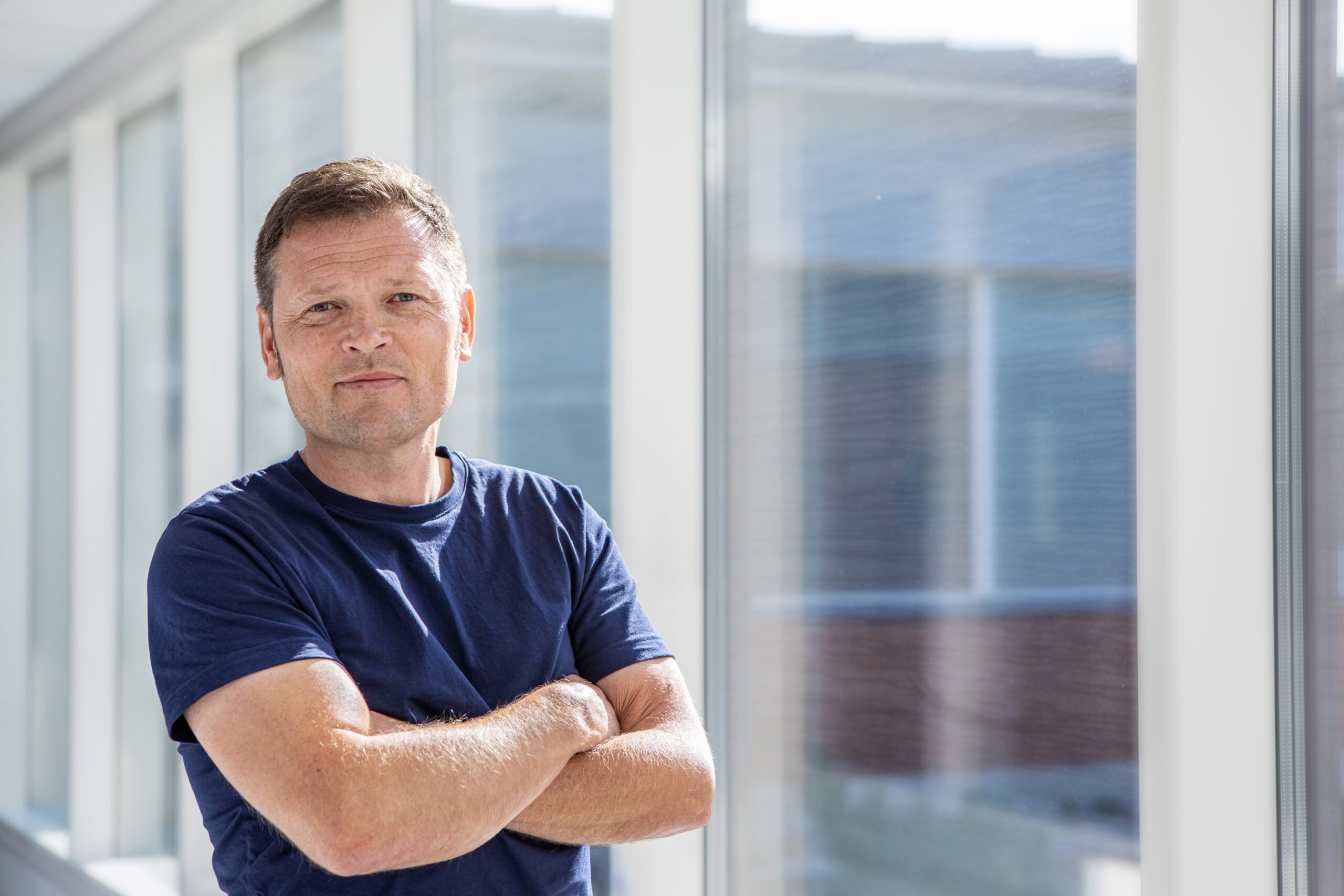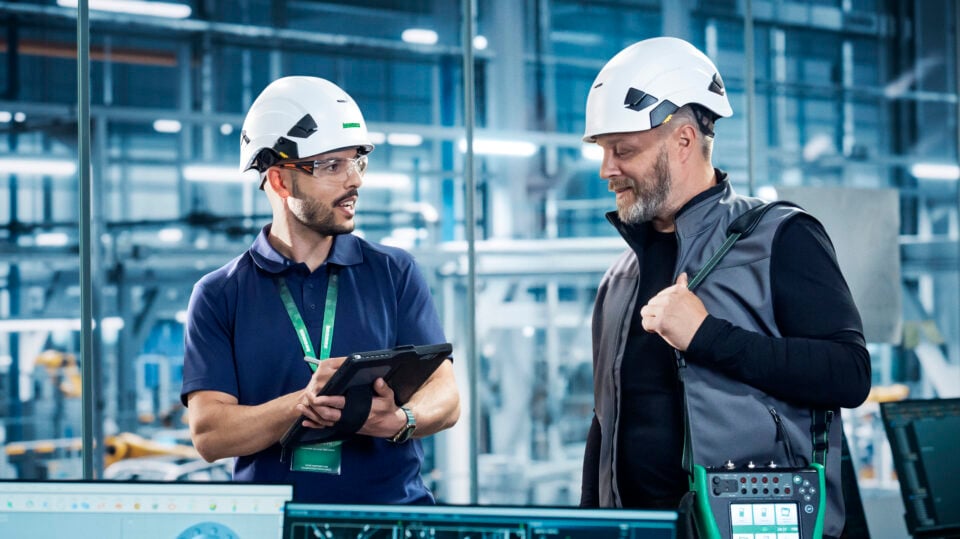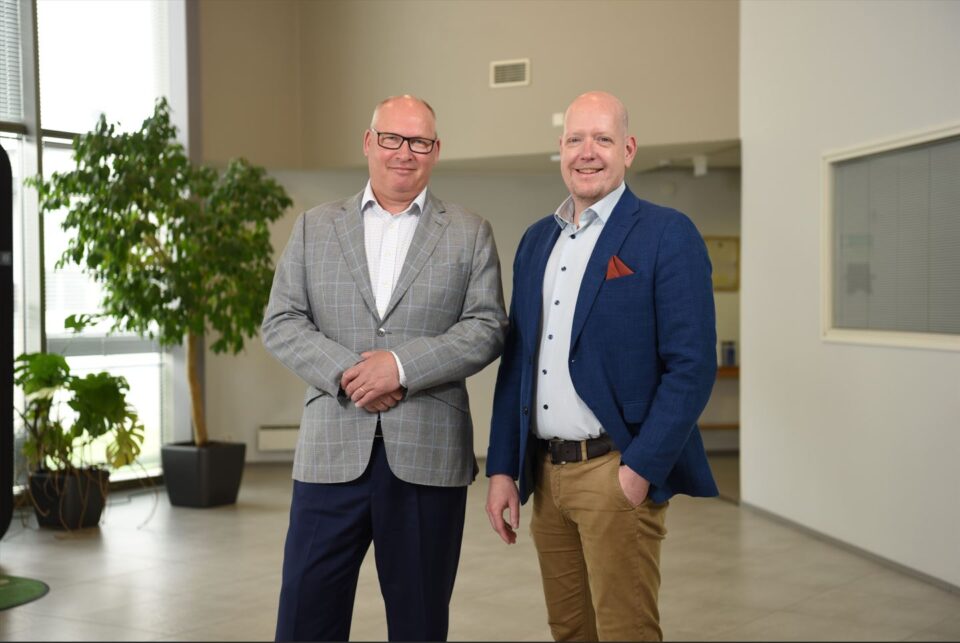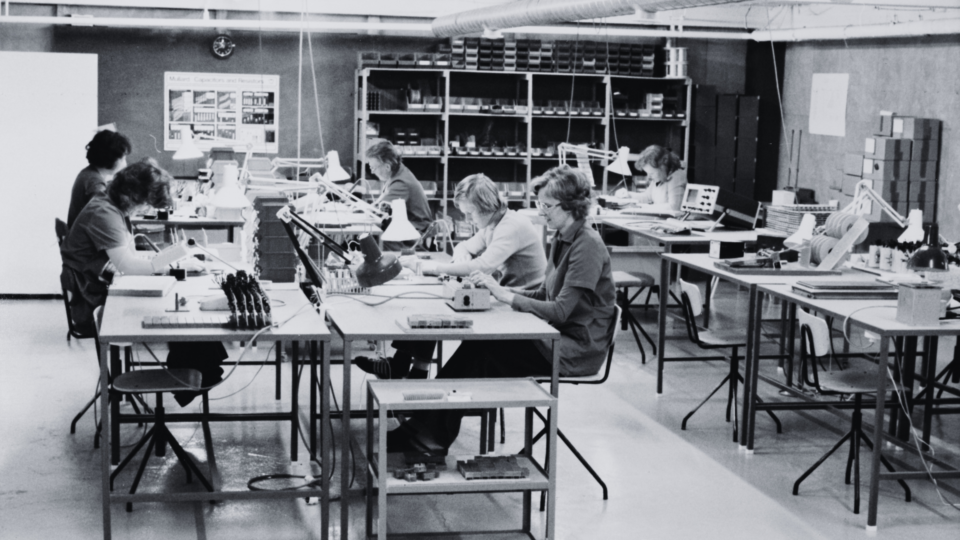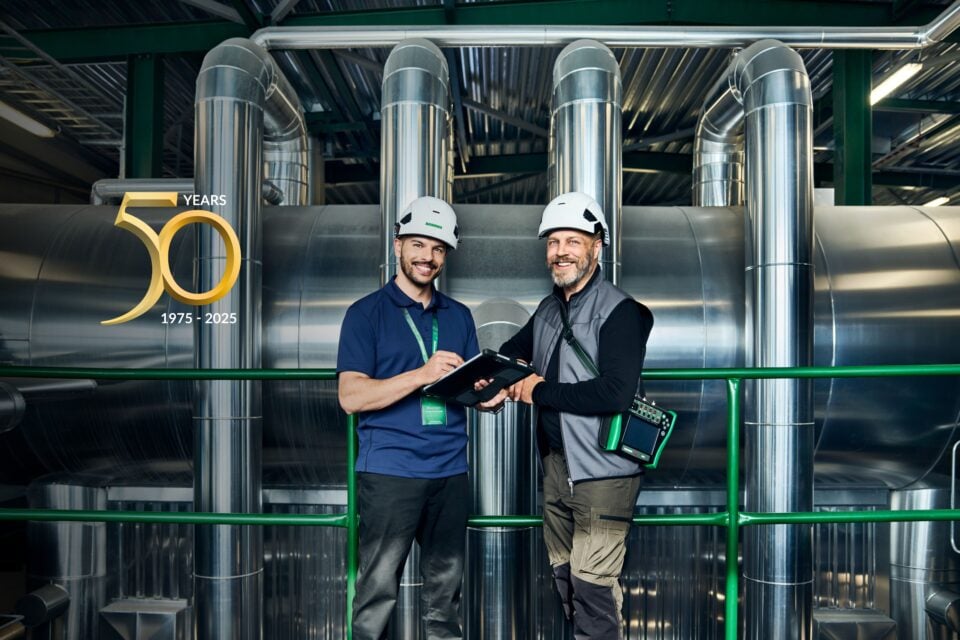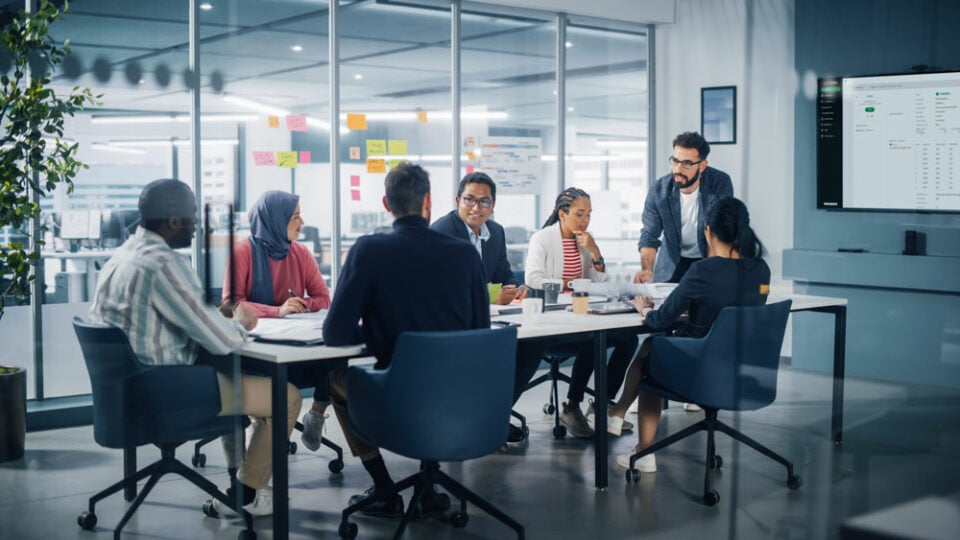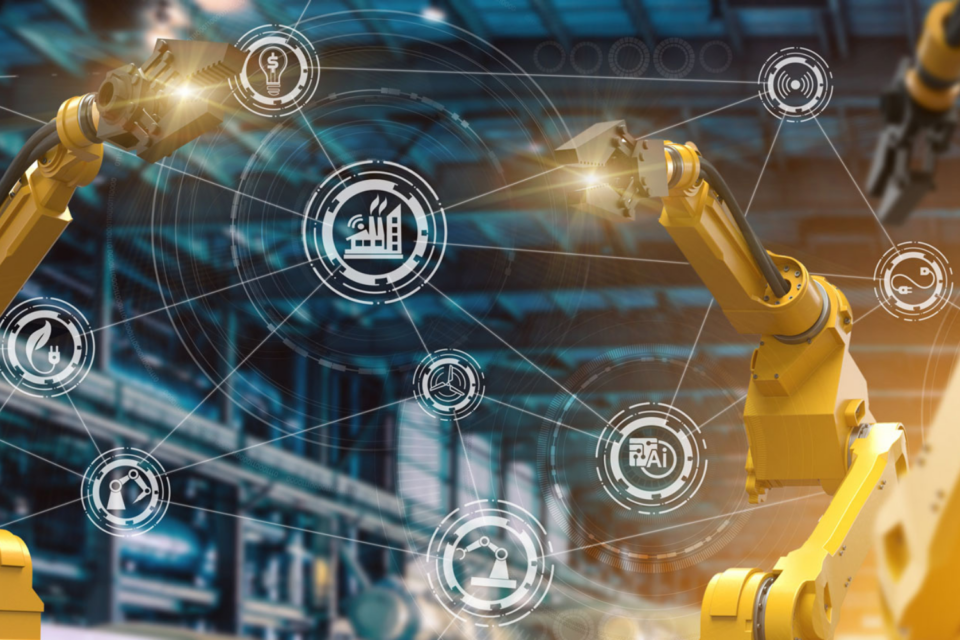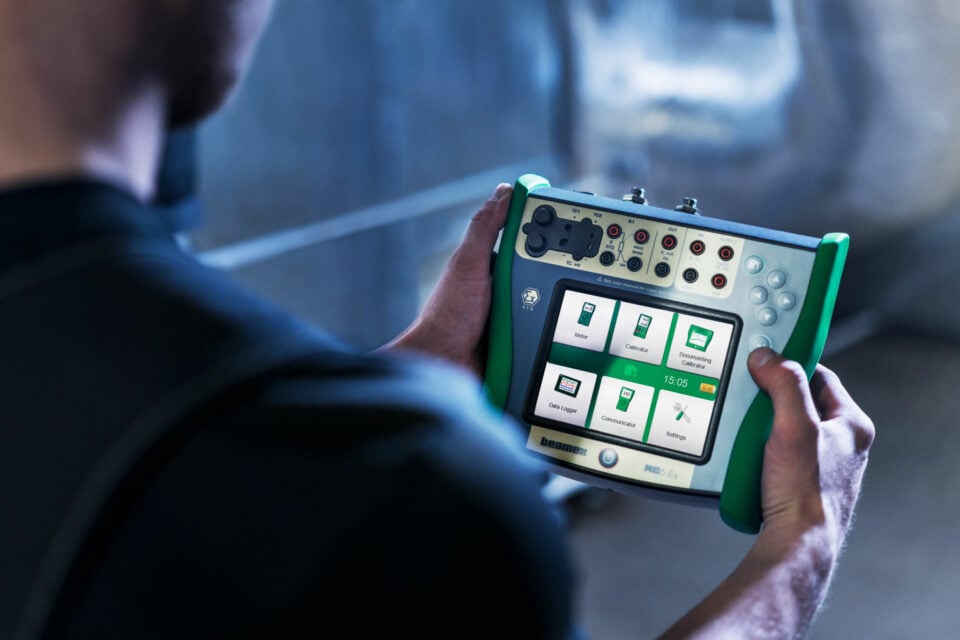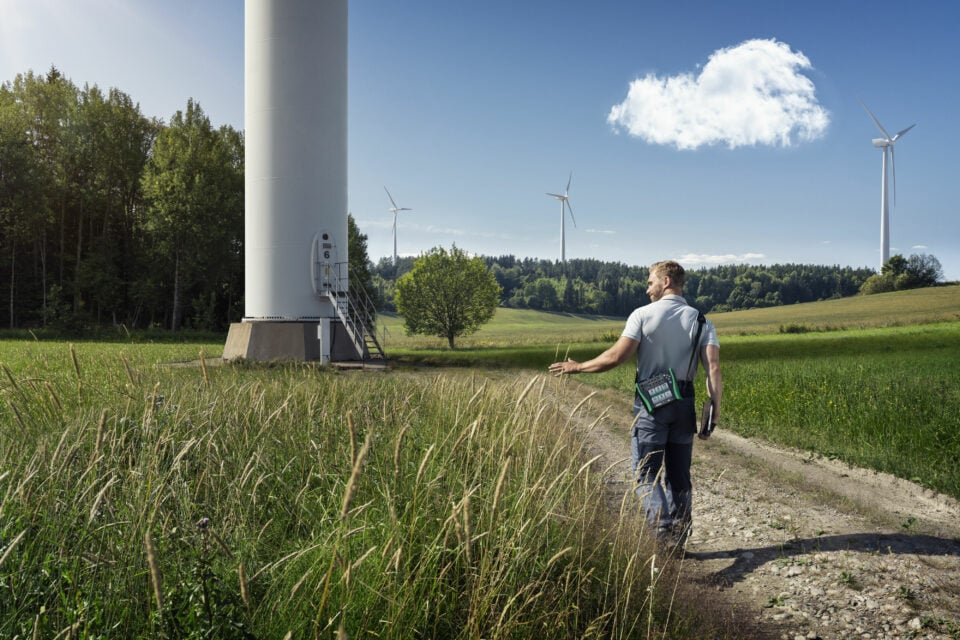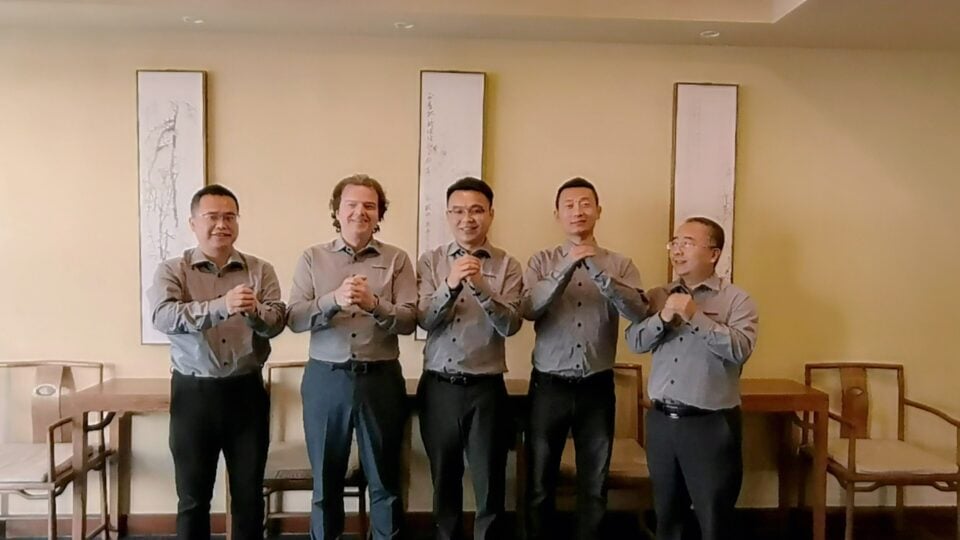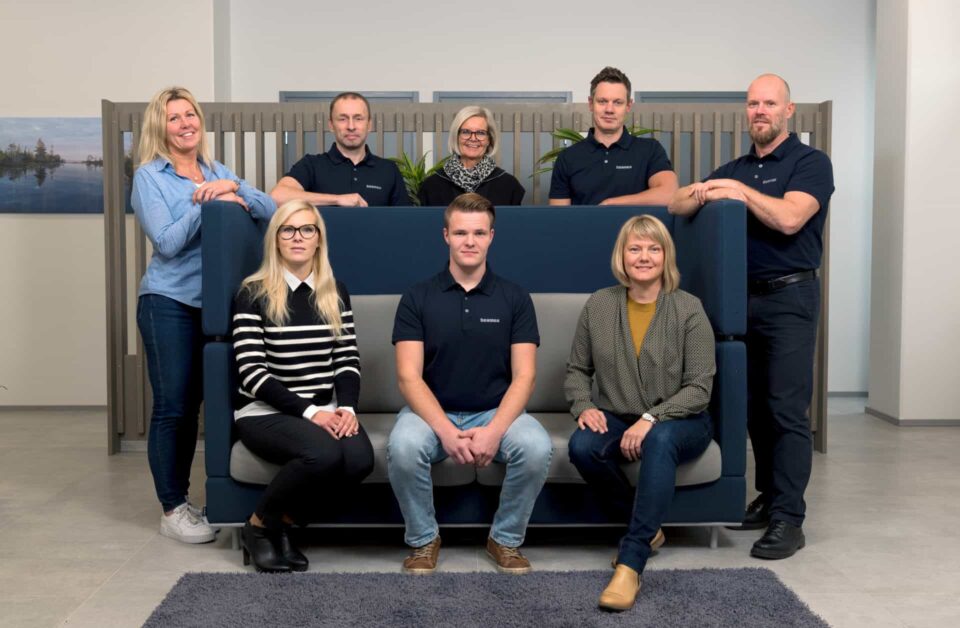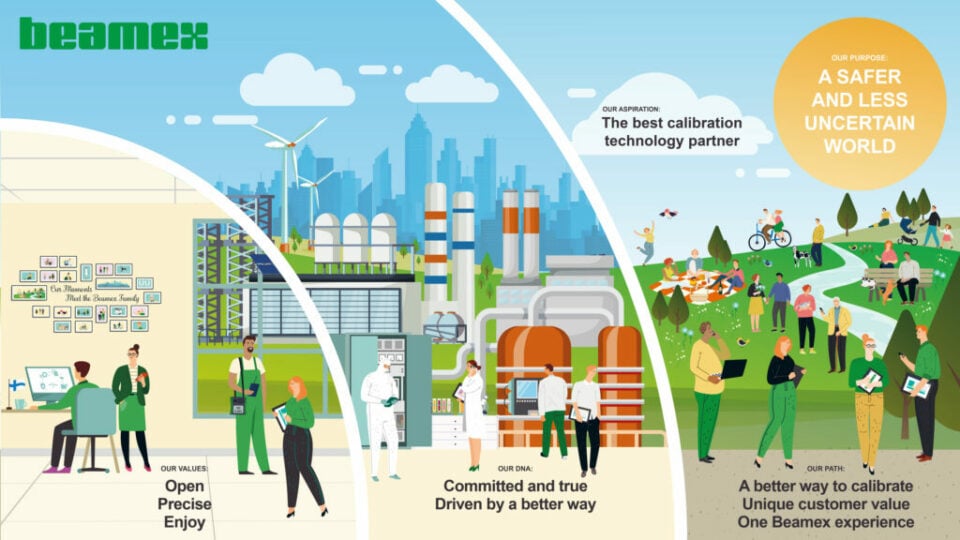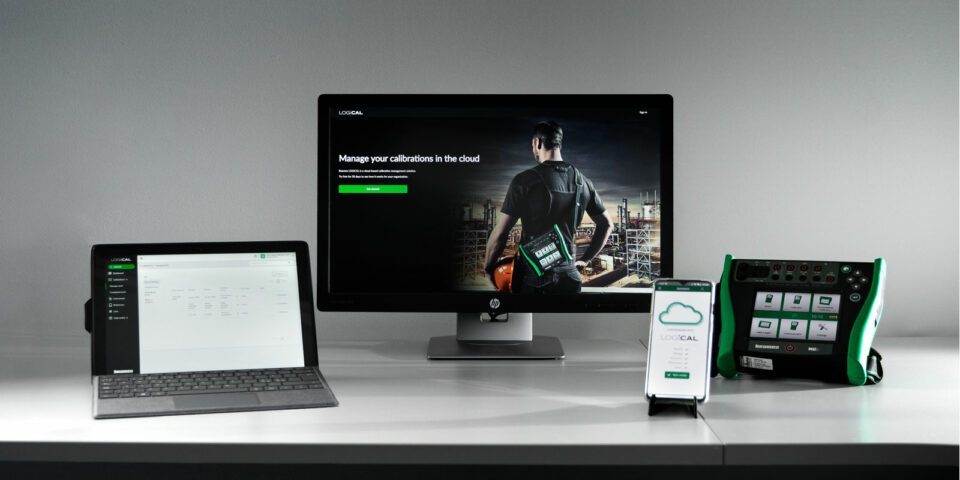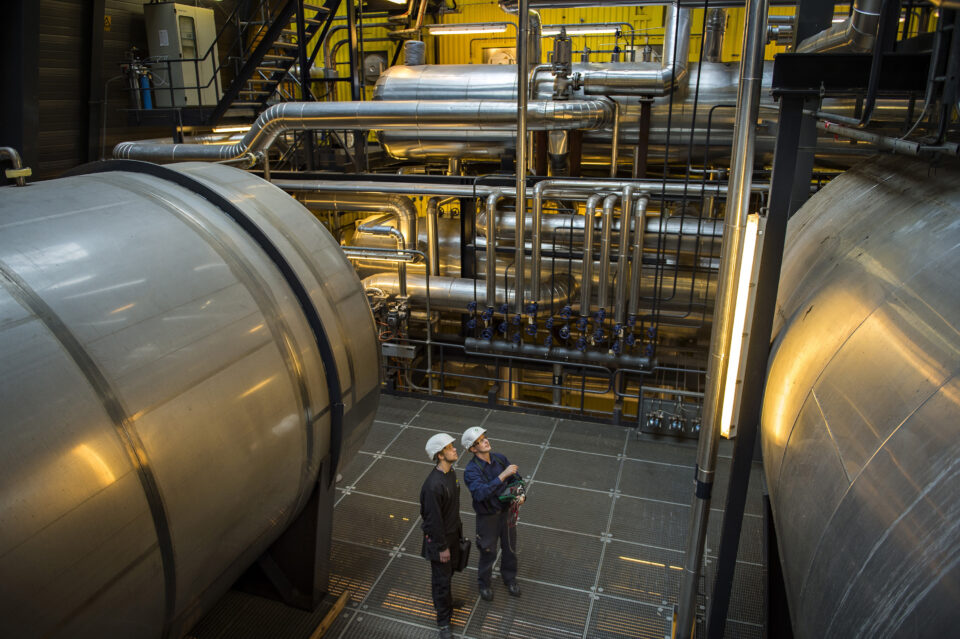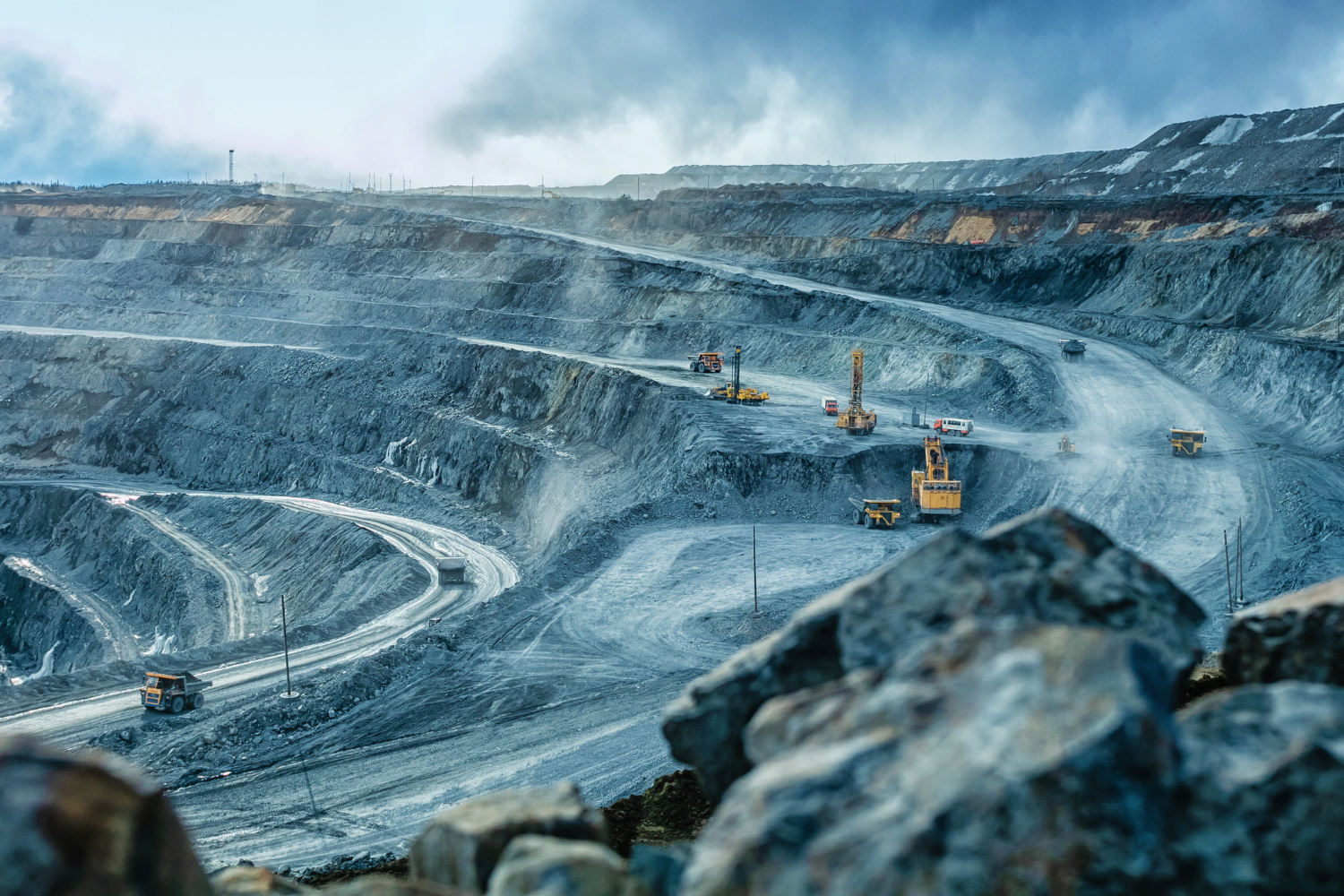
Be it decoupling or de-risking, sustainability will suffer
Sami Koskinen, Director of Digital Transformation, Beamex
Let’s play a game where I say a word and ask you to picture it in your head. Ready? The word I is ‘Alps’. What comes to mind? Pristine snow-capped peaks? Skiing? Your last vacation perhaps? Well, cherish that memory. Because the Alps as we know them may soon fade away.
Last winter, rising heat waves left snowy slopes barren and rain-drenched. Resort operators were left considering whether to shut shop or develop new business models to deal with the realities of a warming world. The UN has gone on record stating that the planet has seen a ‘staggering rise’ in extreme weather events in just the past 3 decades. Experts are predicting that there is a 90% chance of another El Niño weather event taking place this year which could push us over several climate limits.
The United Nation’s Sustainable Development Goals (SDGs)were to provide a targeted plan to enable a more sustainable way of life by 2030. We are now halfway to that mark yet seem to be suffering rising extreme climate events and inequality. According to the UN, out of the roughly 140 targets with data, only about 12% are on track to be achieved by 2030, nearly half are off-track and 30% have seen no movement or regressed below the 2015 baseline. Clearly, the world must act now to get on track.
Yet rather than coming together to prevent this crisis, the world seems to be on the brink of a new economic cold war. All thanks to efforts by the USA and China to decouple their economies. My colleague Jan Henrik Svensson in a recent blog takes us through the phenomenon and the factors driving it, and I’d highly recommend reading it. Putting on my politician’s hat, I can appreciate the geopolitical factors that are propelling these two countries and their allies to decouple or de-risk. But the engineer in me worries that this move will fragment sustainable development efforts, preventing us from reaching the UN’s SDGs.
We cannot decouple from societal challenges
Decoupling can only lead to intensified competition for a dwindling pool of resources, the siloing of knowledge and expertise, and rising barriers to technology transfers. It will overturn decades of international collaboration and cooperation.
I see this being particularly evident in biotechnology, a field that promises to lead humanity into a more sustainable future. By harnessing cellular and bio-molecular processes, biotechnology can provide us with personalised medicine, increase agricultural yields and even reduce our reliance on fossil-fuel-based products. The development of second-generation tools in biotechnology could result in drugs to halt Alzheimer’s, produce drought-resistant crops for a warming world, and even create bioplastics. According to McKinsey, biotechnology could supply up to 60% of global physical inputs and have a direct economic impact of up to USD 4 trillion in the decades to come. But decoupling could set that timeline back.
The USA and China have long collaborated in this space and one can even say the two economies are heavily interdependent. The USA relies on Chinese manufacturing and services, while China relies on American expertise and research. But both countries have identified biotechnology as strategically important, and the process of decoupling seems underway. As a result, the two countries will be forced to develop dual supply chains to acquire resources such as active pharmaceutical ingredients, increasing costs and making access difficult for other countries. A digital great wall could prevent Chinese and American academics from sharing knowledge and data, leading to greater corporate espionage and IP theft. Greater government oversight and regulations will invariably lead to fenced-in ecosystems where innovation suffers.
Climate tech is another area where decoupling could cause similar problems. According to BNEF, China outspent the USA by nearly 2-to-1 on energy transition-related investment between 2010 and 2020, and the latter is ramping up investments and legislation to keep up. Stakeholders in this field can soon expect to deal with more intense regulations as they try to cater to the needs of the two countries. Again, time, investments and expertise that should be pooled to combat the existential threat of climate change.
Creating a workaround for decoupling
The costs of decoupling are clear to see. While I hope that decoupling never happens, we must be pragmatic and seek ways to mitigate its impact and ensure that the world can still come together to work on achieving the SDGs. How do we do that?
The key lies in increasing transparency and trust. No matter what their interests are, different economic blocs must be able to trust each other enough to work towards solving societal challenges. And that comes from transparency. Transparency in the data that is collected, transparency from the methodologies being used, and transparency in the results of various collaborations.
As a calibration expert, I see accurate measurements going a long way in establishing that trust and transparency. Accurate measurements could be used to create open standards, enabling collaboration and the sharing of select data. Technological advances in the form of improved sensors could anonymise data, ensuring it is only used for intended purposes, and preserving trade secrets. AI and machine learning could be deployed to create additional layers of security and validate data.
This may mean more complexity, but it is also the only way to ensure continued collaboration and cooperation to meet the SDGs.
At Beamex, we are in the business of increasing transparency and trust with our solutions. If you too have been concerned about the ongoing move towards decoupling and have ideas on getting around it, get in touch. I’d love to hear you out and spar new ideas to prepare for this future.
You might also find interesting
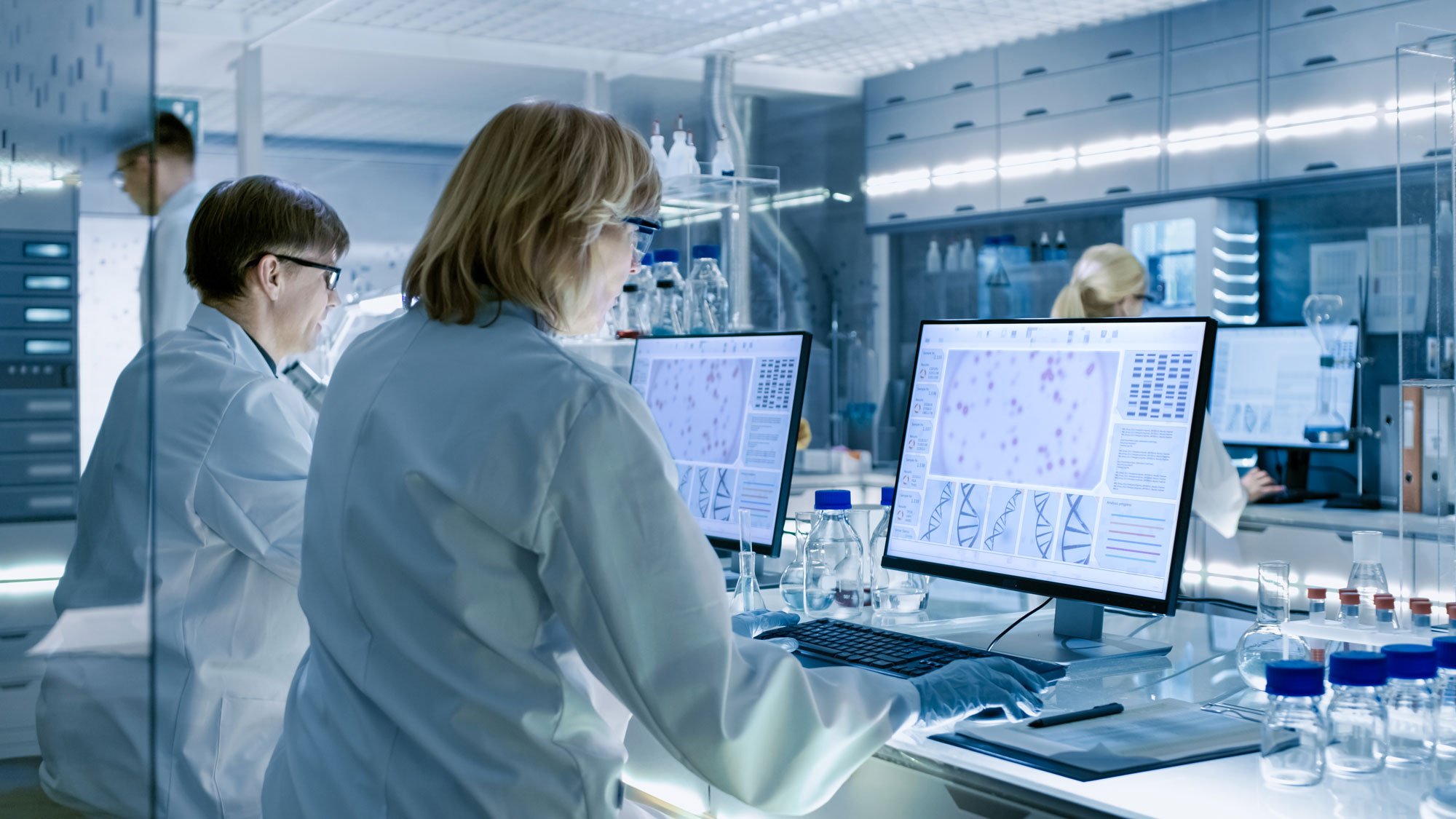
For a safer and less uncertain world
Welcome to our series of topical articles where we discuss the impact that accurate measurement and calibration has on the world and our everyday lives.
